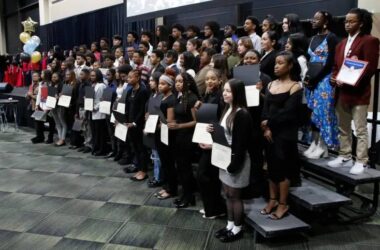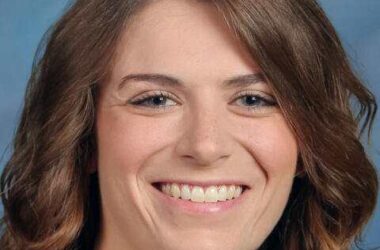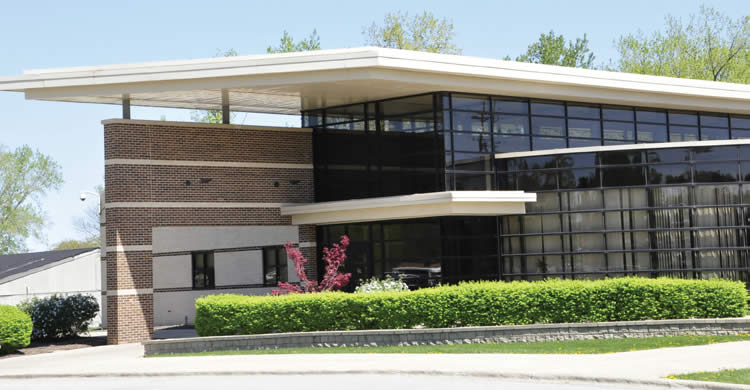CHICAGO–(ENEWSPF)–October 8, 2015. With an eye toward building a child-care workforce in Illinois that is better educated, more professional and which can offer those in the field more long-term career stability, Roosevelt University is creating a new path for child-care workers to obtain bachelor’s degrees.
Beginning in 2016, Roosevelt will become one of the first four-year higher education institutions in the state to allow child-care workers with Associate’s in Applied Sciences (AAS) degrees to apply all 66 credit hours earned toward a non-licensure-track, four-year degree in early childhood education.
The model degree will take about two years, and up to 56 hours of coursework at Roosevelt to complete. Currently, it typically takes those with AAS degrees three years of studies at the university level to obtain a bachelor’s degree in early childhood education.
“The early childhood field in Illinois is transforming rapidly, and we are changing with it,” said Tom Philion, dean of Roosevelt’s College of Education, which has been on the frontline of a statewide effort to improve the quality of early childhood programs in Illinois.
In partnership with Harper College in Palatine and Harold Washington College, one of the City Colleges of Chicago, Roosevelt will begin early next year to address a dilemma that many of today’s childcare workers in Illinois face: That is, what to do with community-college hours they have taken in order to stay current in the field or to get and keep jobs.
“After conversations with colleagues at Harper and Harold Washington, we have come to an agreement that community college students with early childhood credits should have the opportunity to obtain a bachelor’s degree in their field without having to start from scratch at the university level,” said Toni Potenza, an early childhood professor and associate dean of the College of Education at Roosevelt.
With federal funds made available through the Illinois Board of Higher Education’s Early Childhood Educator Preparation Innovation Grant Program, Potenza has worked with representatives from the two colleges to create a new program that meets the needs of students who want upward mobility in their field, but aren’t necessarily seeking a state teacher’s license.
“This partnership with Roosevelt is a dream come true for our students,” said Wendy Mertes, associate professor of early childhood education at Harper, which currently serves about 300 students. “It is the kind of program I’ve spent my entire career advocating for and I believe it could become a model for other universities in the near future.”
In Illinois today, growing numbers of child-care workers teaching in a variety of settings are joining the alternate Gateways to Opportunity registry and professional credentialing system. Designed to increase the quality of the state’s early childhood workforce, Gateways awards different levels of credentials to child-care workers, depending on college credits earned in their field. The organization also is a strong advocate for its members to receive credentials tied to having bachelor’s degrees.
“Roosevelt, through its partnership with Harold Washington and Harper, is helping to establish a pathway that is critically needed if we are to support those in the childcare workforce moving ahead in their careers,” said Joni Scritchlow, senior program director at Gateways, whose registry now includes more than 100,000 Illinois child-care workers, most who have at least some college credits.
Carrie Nepstad, associate professor and coordinator of Harold Washington College’s child development program, envisions a lot of potential for the new Roosevelt bachelor’s degree program in early childhood education, which she believes will be of interest to students taking child-care classes throughout the City Colleges of Chicago system. In fact, the new Roosevelt program is expected to double enrollment of early childhood education majors in Roosevelt’s College of Education by 2017.
“Many of our students work in Head Start programs,” said Nepstad. “A bachelor’s degree in the field will enable them to become Head Start teachers.”
Informational sessions about the new program will be held at Harold Washington College on October 22 and at Harper College on October 29. Classes could begin as early as January 2016 on both of Roosevelt’s campuses in Chicago and Schaumburg. For more information, call 312-281-4764.
Source: www.roosevelt.org









